This article was taken from the June edition of Fleet News iQ
No supplier has ever enjoyed a period of domination at the Fleet News Awards like Novuna Vehicle Solutions’s current purple patch.
A run of six wins in the ‘leasing company of the year – more than 20,000 vehicles’ category dating back to the days of Hitachi in 2019 was only broken, briefly, by Zenith in 2023. And even then, Novuna was highly commended.
During that period, two people have been ever present at the helm of the business: managing director Jon Lawes and deputy MD Lucy Line.
Together, they have racked up 46 years: 24 for Lawes and 22 for Line.
Speaking to Fleet News at the recent Fleet200 Strategy Network meeting near Reading – Novuna has been a sponsor for the past two years – Line encapsulates a key reason why the leasing provider has been so successful by recounting her own experiences.
“I work for a company that is very good at developing people; it’s an organisation where you can thrive personally – and I’ve taken all the opportunities,” she says.
Looking inward at the needs of its own people is a core pillar for Novuna; it recognises that a happy, motivated workforce normally delivers the best customer service.
Line was promoted to deputy MD in 2023, essentially an expansion of her role as head of operations, held since 2012. Since April this year, she also became responsible for sales and account management in the specialist division.
In a scenario mirroring the relationship between Prime Minister and deputy Prime Minister, when Lawes is away in Europe – he is also European MD of MHC Mobility, the European sister company of Novuna Vehicle Solutions, operating in nine countries – Line has full delegated responsibility for the UK business.
That business consists of three delineated divisions: broker, corporate and specialist.
Line was already embedded in the corporate account management side with major fleets including Network Rail, Amey and Centrica. The sales element is an opportunity to add new skills to her CV.
“I’ve always been ambitious and Novuna has always given me the extra stretch when required,” she says.
“It’s exciting to now have responsibility for operational delivery of the sales side; it’s an opportunity to deliver even better outcomes for the customer.”
Independent listening sessions
Never a business to rest on past successes, Novuna has spent the past 18 months conducting ‘independent listening’ sessions with around 50 corporate customers. They expressed in detail the aspects Novuna does well and, vitally, the areas for improvement.
Among the changes already introduced are improvements to its digital tools and refinements to the way it reacts in the post Covid environment.
“We are investing £20m into our digital tools and apps, giving customers a choice of when and how they interact with us and providing them with all their data in one place, so they have the right insights at the right time,” Line says.
Part of a Fusion programme, which seeks to future-proof workflow systems, it will also embrace artificial intelligence (AI) founded on uniform and well-mapped data.
Line anticipates its usage in downtime management, identifying common themes for customer-wide learnings, as well as integration with telematics for proactive and preventative maintenance.
“Data can be overwhelming; it’s needs to be in one place and have the ‘so what – what is it telling me’,” she says.
“One use case is where the vehicle tells us about a fault or issue and uses the workflow to advise the customer while informing the garage about the parts required – all done automatically. We are being asked about AI a lot by our customers.”
Data drives shift to strategy
Data is driving a shift in the role of fleet managers who are becoming less focused on registration numbers and more about using insight to drive strategy.
“Difference skills sets are emerging on technology, data and strategy,” Line says. “They are also using data to improve the service they give their own customers.”
Further feedback from the independent listening sessions has forced Novuna to examine its performance on maximising vehicle availability during supply shortages in the post-Covid landscape, as well as making sure every fleet is safe and compliant.
It has issued a more robust service level agreement to its network of approved repairers and has extended its mobile service offering in addition to assessing how it can improve parts availability.
“We developed ‘FOMO’ – fleet operation mindset and ownership: do our teams understand the impact of what they do and don’t do from the customer perspective,” Line says. “We are doing case studies with fleets where they explain all of this.
“We are also focusing on downtime training and how we get the best outcome with the garage to get the best outcome for the customer.”
She adds: “If we want to be at the table and help customers with their strategy, we must get the day-to-day right. We have to meet their expectations on the things that they value. It’s about being customer obsessed!”
Decarbonisation remains the “number one challenge we all share”, according to Line.
Novuna is fuel agnostic, and is participating in hydrogen trials, but also operates its own rapid charging forecourt at its Trowbridge head office in Wiltshire as a test bed to better understand the challenges of workplace charging and to trial shared charging options.
Ecosystem of network sharing
The Virtual Depot Concept supports an ecosystem of network sharing. App-based, it sits on the Novuna Charge Point Management System and enables drivers to access their company depot chargers as well as chargers shared by other organisations while opening up the public infrastructure.
Among the functionalities are driver access control, payment integration and dynamic pricing. Novuna is also collaborating with grid partners to negotiate compensation for customers who reduce charging during peak grid demand times.
“We have the technology to enable this and its now about unlocking the relationships to make it a reality,” Line says.
With more than 80% of its car order book either full electric or plug-in hybrid, Novuna’s attention has turned to supporting its van customers’ transition. Many have taken the initial steps to move smaller vans to electric and are now looking at more complex use cases.
“Specialised vans are a particular challenge with the last of range, insufficient towing capacity and concerns about the charging infrastructure,” Line says.
Novuna has partnered with a couple of start-ups to offer customers portable chargers that are plugged into depot commander sockets.
Offering 40kW, they are ideal for sites where a charging infrastructure would be costly or impossible to instal. Fleets can either buy the chargers or take on a lease.
“We started offering them in 2024 and have had a lot of interest with some customers starting to trial them,” Line says.
Speaking to Fleet News last year, Jon Lawes acknowledged the impact that electric vehicle residual values were having on leasing profits across the industry, but said: “Every leasing company will be losing money on BEVs because of the residual values but you have to have the long-term vision and strategy to carry on.”
RVs remain a challenge, admits Line, although differences are emerging across various asset types.
“Cars are the worst, but vans are not as bad, especially as there are few eLCVs,” she says. “We are insulated because of our total asset solutions, even though there is pain. But being a pioneer isn’t without risk.”
Novuna Flex, born during Covid when customers needed additional vehicles to replace multi-occupancy and enable social distancing, gives some protection by offering ex-lease vehicles on a second lease. It provides vehicles typically three years old to customers who must commit to a minimum three-month lease.
“After that, they can give the vehicle back at any time,” Line says. “The rates are better than rental.”
Interest is greatest when lead times for new vehicles are long, but some customers also appreciate the savings that can be achieved by leasing used.
'Outrageous funding ambition'
Novuna remains on track for its “outrageous ambition” of funding 150,000 vehicles by 2030. It currently sits at just under 113,000 assets, a rise of around 20,000 over the figures reported in the 2024 FN50.
Broker accounts for the latest share at 40%, while corporate and specialist both contribute 30%.
New contracts are a crucial driver for growth, but the leasing provider also has an opportunity secure more business with existing customers where it does not cover the full breadth of their fleet.
Renowned for its commercial vehicle prowess and fixation on managing downtime – “you never get a day off with downtime”, Line says - sometimes Novuna gets overlooked for cars. It is seeking to redress that.
Novuna recently introduced a new SME/broke quote and order system which has resulted in a rise in business, while demand for salary sacrifice has also led to new contract agreements.
But Line expects all three divisions to contribute to growth across all three asset types: cars, vans and HGVs.
“It’s our approach to multi-asset management, tailoring our solutions to our fleet customers by listening to their needs,” she says. “That will help us achieve those aspirations.”
She adds: “Customer first is a culture we live and breathe. We have great customers who are happy to be a critical friend and that helps to drive us and ensure we stay relevant, as well as create the space for them to develop their strategies.”
FACTFILE
-
Company: Novuna Vehicle Solutions
-
Deputy MD: Lucy Line
-
Time in role/at Novuna: 2½ years/22 years
-
Current funded fleet size: c113,000 vehicles

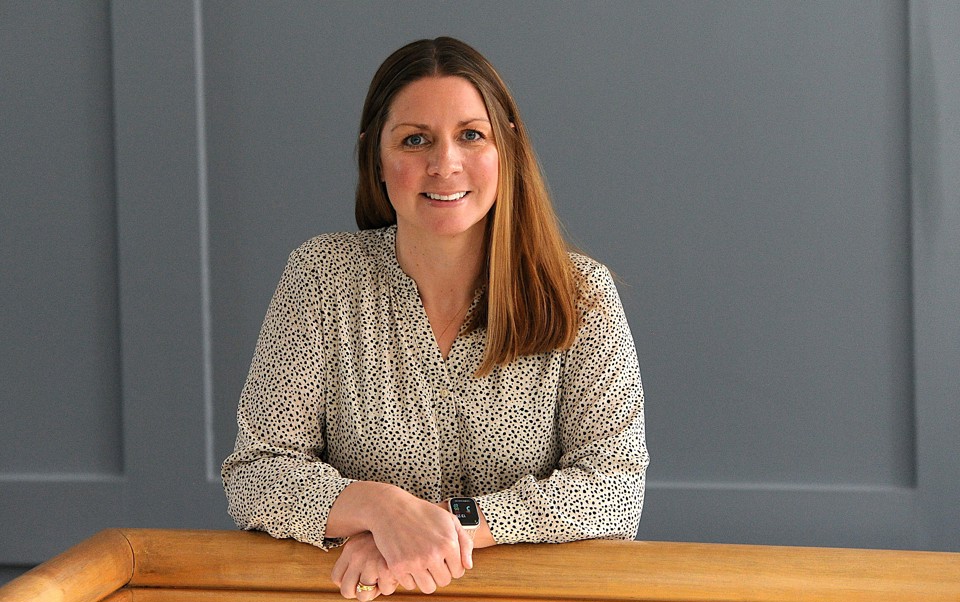
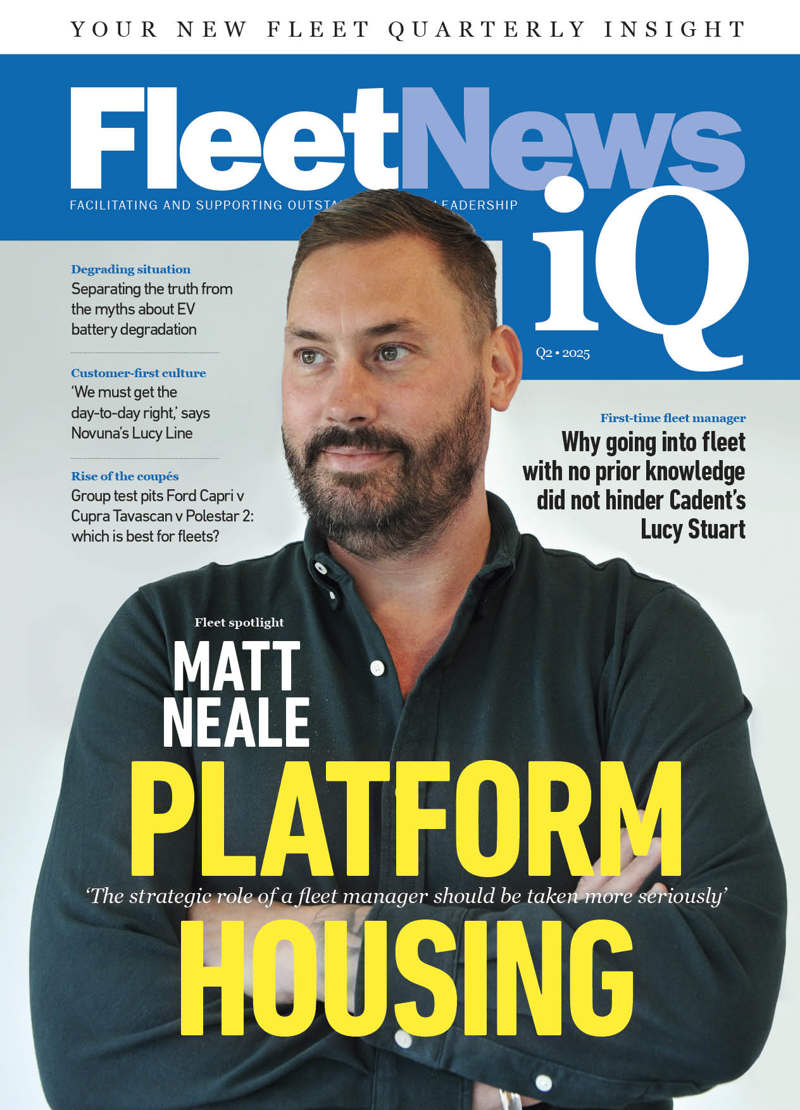




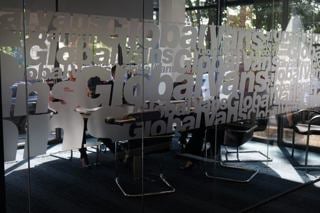
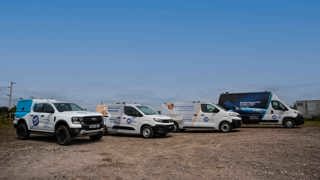

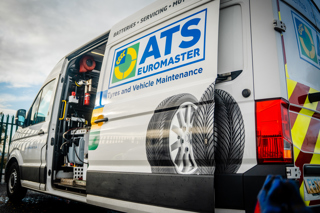












Login to comment
Comments
No comments have been made yet.